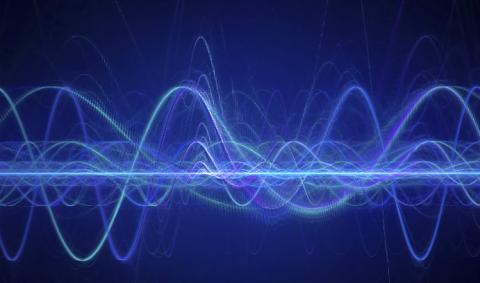
When it comes to hearing, precision is important. Because vertebrates, such as birds and humans, have two ears—and sounds from either side travel different distances to arrive at each one—localizing sound involves discerning subtle differences in when sounds arrive. The brain has to keep time better than a Swiss watch to locate where sound is coming from.
In fact, the quality of this sound processing precision is a limiting factor in how well one detects the location of sound and perceives speech.
